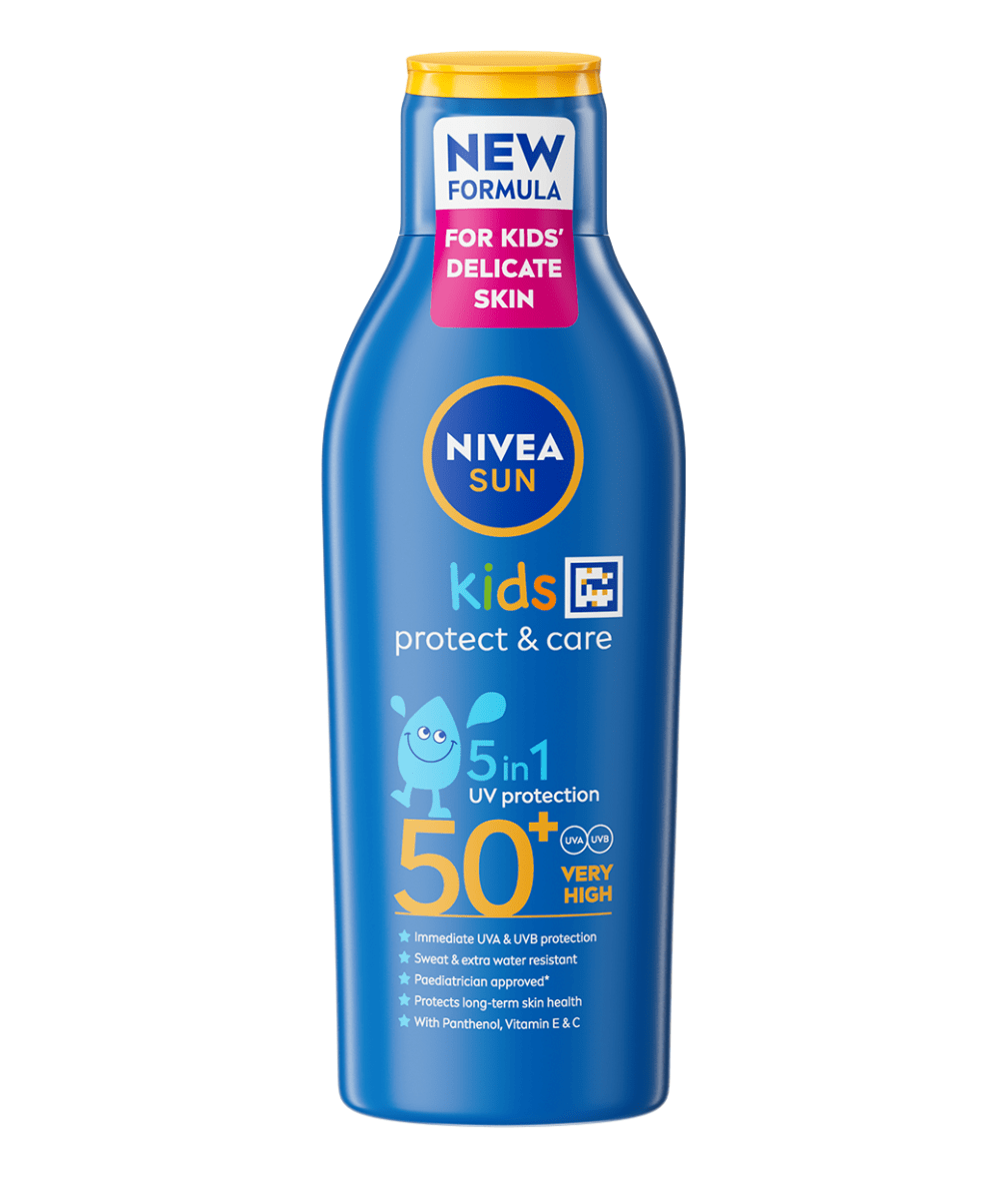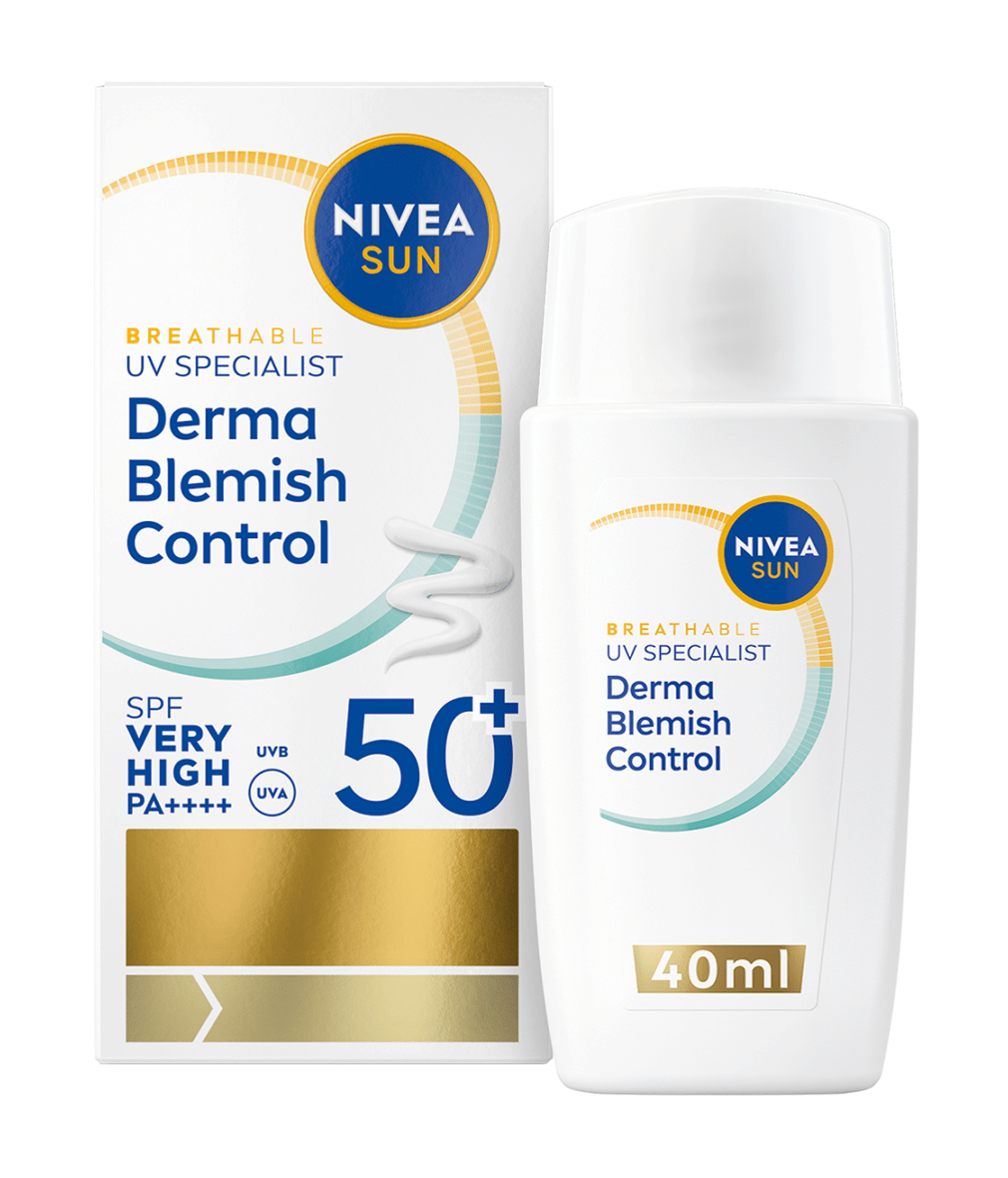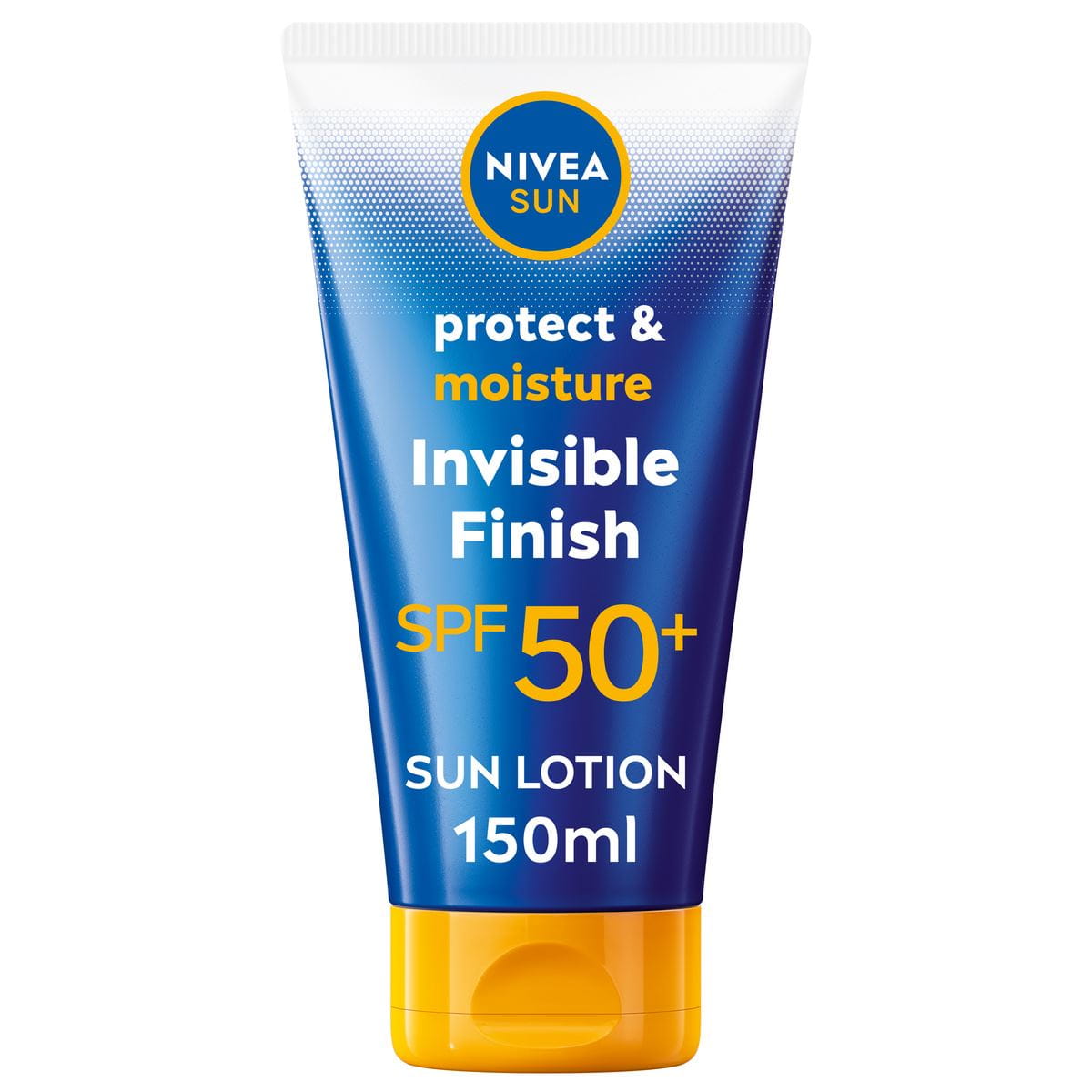
Vitamin D: Benefits, Sources & Deficiencies
Discover Vitamin D benefits for skin, health, and body. Find out how sun exposure and Vitamin D work together, plus signs of Vitamin D deficiency, featuring insights from our experts.

Vitamin D and The Sun: How it Works
6 Vitamin D Benefits

Supports Strong Bones and Teeth
Vitamin D helps your body absorb calcium, which is essential for building and maintaining healthy bones and teeth. Without enough of it, bones can become weaker over time.
Boosts Immune Function
Vitamin D plays a vital role in helping your immune system work properly, making it easier for your body to fight off everyday bugs like colds and flu.
Helps Muscles Work Effectively
Your muscles need Vitamin D to move properly and stay strong. It helps reduce the risk of weakness or tiredness, especially as you get older.
Contributes to a Balanced Mood
Vitamin D is linked to mood regulation. Low levels of Vitamin D have been associated with feelings of low energy or sadness, particularly in the winter months.
Works Well with Other Vitamins
Vitamin D3 is often paired with Vitamin K2, or other vitamins and minerals in supplements. These combinations could help support your immune system, skin health, and direct calcium to where it’s needed most.
Supports Healthy Skin
Vitamin D plays a role in keeping your skin healthy, helping it repair itself and maintain its natural barrier against everyday stresses. It supports skin cell growth and renewal which can improve the overall look and feel of your skin.
Facts Overview

Protect Your Skin with NIVEA Sun


Is there enough Vitamin D in the Winter Sun?
In the shorter winter months, we tend not to have enough sun exposure, and as a result, we can get a Vitamin D deficiency, which can be supported by taking supplements.
What are Natural Sources of Vitamin D?
When sunlight isn’t enough, especially in the darker months, it’s important to get Vitamin D from other places to help keep your levels up.
Natural food sources of Vitamin D include:
Vitamin D and Other Minerals and Vitamins
Calcium:
Vitamin D helps your body absorb Calcium, which is essential for strong bones and teeth. Without enough Vitamin D, Calcium absorption is less efficient, which can affect bone health.
Magnesium:
This mineral plays a crucial role in activating Vitamin D in the body, supporting its many functions, including bone strength and muscle function.
Vitamin C:
Known for its antioxidant properties, Vitamin C supports skin health by helping to protect against oxidative stress and promoting collagen production, working alongside Vitamin D to maintain radiant skin.
Iron:
Iron is important for the production of red blood cells and the transport of oxygen in the blood. Iron deficiency can cause anaemia and fatigue. It is sometimes used with Vitamin D in cases of general fatigue, but before administering these supplements, it is advisable to determine the cause of the fatigue.
Vitamin A:
Vitamin A is often combined with Vitamin D in supplements for babies. In developed countries, Vitamin A deficiency is rare, and supplements are not usually necessary. Too much Vitamin A can be harmful and can counteract the effects of Vitamin D on bone health.

5 Vitamin D Deficiency Symptoms


Summary
Getting enough Vitamin D helps your skin repair and protect itself, but it’s vital to balance sun exposure with skin protection. It is essential to avoid direct exposure to the sun during the hottest hours of the day and to apply effective sunscreen regularly to protect your skin whenever you are exposed to the sun.







